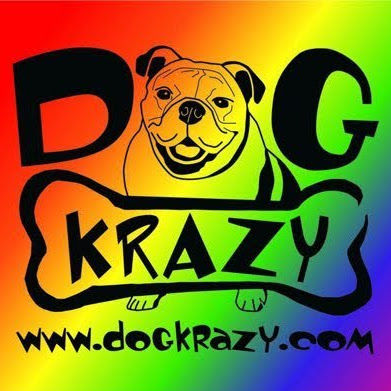When it comes to our pets, we all want what's best for them, especially regarding their diet. But with the plethora of pet food options available, selecting the right one can feel overwhelming. More importantly, it's critical to understand that there is no one-size-fits-all diet for pets. Each animal is unique, with specific dietary needs that depend on a myriad of factors, including age, breed, weight, activity level, and health conditions. This blog explores the importance of choosing the right food for your pets and why individualized diet plans are crucial.
Understanding the Nutritional Needs
The first step in choosing the right food for your pet is understanding their nutritional needs. Dogs and cats, for example, have vastly different dietary requirements. While dogs are omnivores, meaning they can thrive on a diet consisting of both meat and vegetables, cats are obligate carnivores and require a diet high in meat. But it goes beyond just the type of food. The nutritional content—proteins, fats, carbohydrates, vitamins, and minerals—plays a crucial role in their overall health.
Age Matters
Age is a significant factor in determining the right diet for your pet. Puppies and kittens, for instance, need diets rich in calories and specific nutrients to support their rapid growth and development. On the other hand, senior pets may require lower-calorie diets to prevent obesity, along with supplements to support joint health and manage age-related conditions.
Special Diets for Special Needs
Just like humans, pets can suffer from health issues such as allergies, diabetes, kidney disease, and obesity, which can all necessitate special diets. Allergies may require a diet free from the offending allergens, diabetes might need a carefully controlled carbohydrate intake, and kidney disease often requires diets low in phosphorus. It's essential to work closely with your veterinarian to identify any health issues and tailor your pet's diet accordingly.
The Role of Activity Level
A pet's activity level also influences its dietary needs. A highly active dog, for example, will require a diet higher in calories and protein to fuel its energy needs, compared to a more sedentary dog. It's important to adjust your pet's diet based on their lifestyle to avoid underfeeding or overfeeding. Our Beagle eats almost the same number of calories as our Bulldog who is twice her size! But her activity level is five times what his is. This plays a factor in the amount of food we feed them.
Let Dog Krazy Help You Out
Instead of wandering down the pet food aisle feeling lost, swing by Dog Krazy. Our crew loves nothing more than helping you figure out the best diet for your furry family member. We understand that every pet has their own story, and we’re here to listen to yours and match you with the perfect food options. No need for endless Googling or guessing games—let us help you get it right from the start.
Trial and Error
Finding the right diet for your pet can sometimes involve a bit of trial and error. Each pet's reaction to different foods can vary, and what works for one may not work for another. Pay close attention to your pet's energy levels, weight, coat health, and overall well-being to gauge whether their diet is working for them. Don't hesitate to make adjustments as needed.
Every pet is unique, and there's no universal diet that fits all. Understanding your pet's individual needs and consulting with professionals are key steps in choosing the right food for them. Remember, a proper diet is crucial for your pet's health and longevity, so taking the time to get it right is one of the most loving things you can do for your furry friend.

